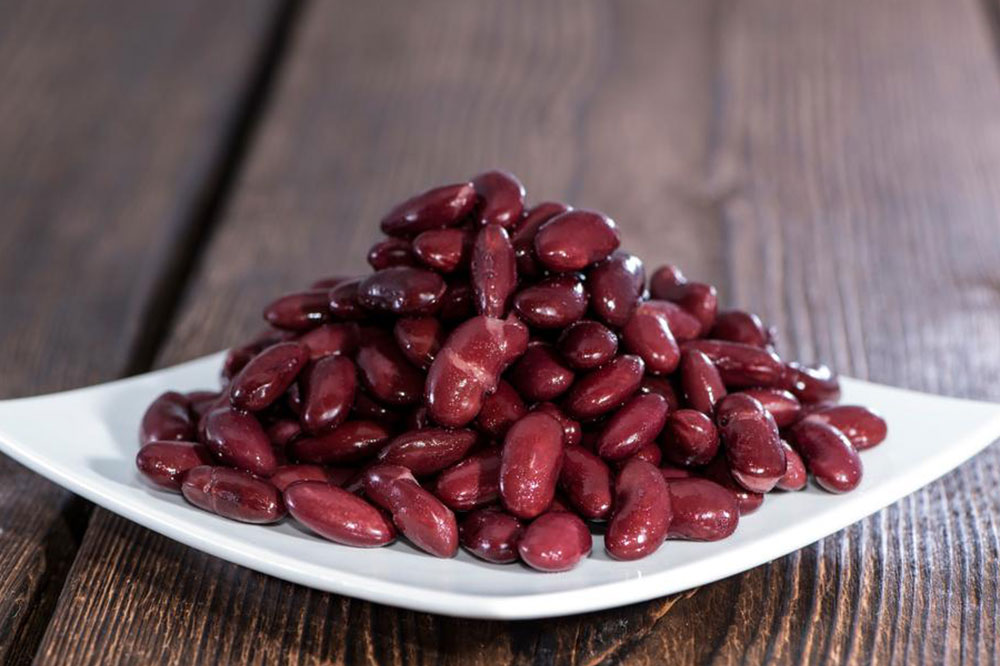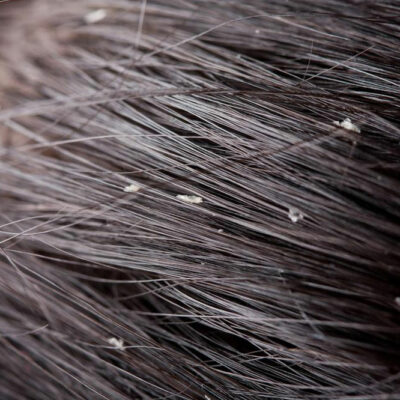
5 Important Foods to Eat for Schizophrenia
Schizophrenia is a mental disorder with symptoms that can range from hallucinations to attention impairment and a host of other behavioral and psychological problems. According to research, patients with this disorder suffer from not just mental but also physical ailments.
The medication taken for schizophrenia can cause side effects like increased risk of diabetes, weight gain, etc. Also, schizophrenia patients tend to have unhealthy eating and exercise patterns, which could lead to obesity, heart problems, high blood pressure, and other problems. In this article, you can find a list of foods to eat for schizophrenia.
Omega-3 fatty acids
One of the best foods to eat for schizophrenia, research suggests omega-3 fatty acids might actually help slow down the progress of the disease. Omega-3 fatty acids can be found in fish, especially salmon and mackerel, and various other sources. Flaxseeds, soybean, eggs, etc., are also excellent sources of these fatty acids. Omega-3 fatty acids contain a compound called EPA that can help develop nervous and immune system health, including brain development. If you don’t feel comfortable eating fish, you can always ask a doctor to prescribe omega-3 supplements.
Antioxidants
According to studies, schizophrenia leads to the erosion of cells in the frontal cortex of the brain. Therefore, antioxidants that protect the cells from damage are considered one of the best foods to eat for schizophrenia. Vitamins A, C, and E are also important in combating the disorder. Vitamin C helps in undoing damage from stress and countering the effects of too much adrenaline production. Vegetables and fruits like berries are a rich source of vitamins and antioxidants. Supplements, including 2,000 mg of vitamin C, 300 mg of vitamin E, and Co-enzyme Q10, can be taken daily to increase your uptake of nutrients.
Organic food
Non-organic food tends to contain food additives that are considered to be responsible for behavioral problems, especially hyper-activity, in kids. Some theories suggest that food additives lead to the production of histamine, a compound that affects brain functioning. Although there is no proven link between food additives and schizophrenia, avoiding them could help manage symptoms better. Therefore, organic vegetables, fruits, juices, grains, etc., are among the best foods to eat for schizophrenia.
Keto diets
There is continuous research regarding the effect of diet on schizophrenia and an attempt to cure or at least manage through better food habits. One new hypothesis suggests that the way a person’s brain metabolizes glucose and energy can impact their chances of developing schizophrenia. Thus, the ketogenic diet, which is preferred by body-builders, can be of help. When following a keto diet, the person consumes fewer carbohydrates and a large amount of protein. While it is not conclusively proven that keto diets affect schizophrenia, the diet does lower insulin and blood sugar levels, helping to manage diabetes, which is a common side-effect of the disorder.
Folic acid and vitamin B12
Folic acid, vitamin B12, and vitamin B6 prevent the production of the amino acid homocysteine in the body. Schizophrenia patients have high levels of homocysteine, an indication of faulty methylation, which is an essential process that maintains chemical balance in the brain. Consuming green leafy vegetables, nuts, fruits, lentils, meat, and dairy products is a good way to increase the folic acid and vitamin levels in the body.


